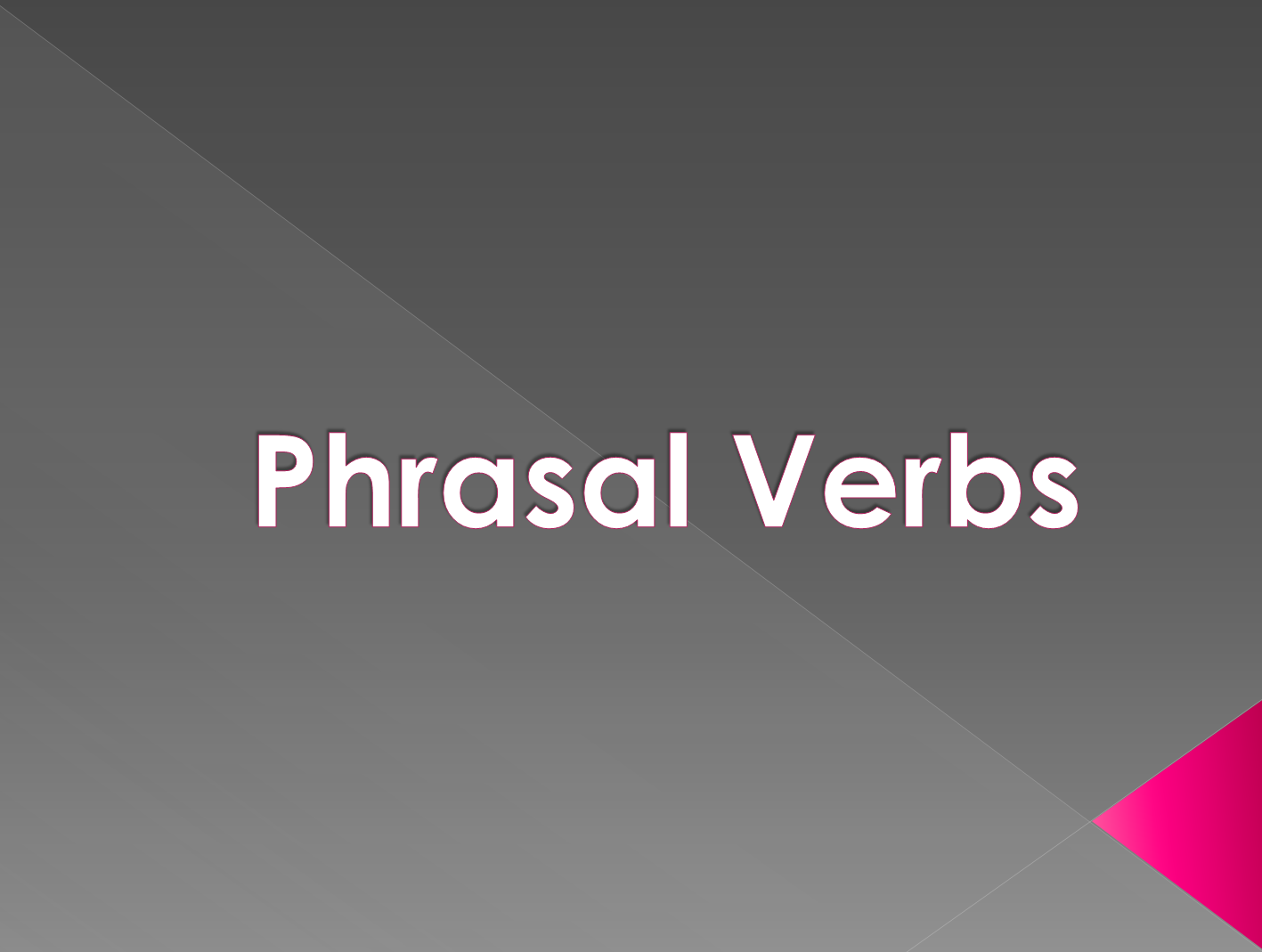
Homophones are words that sound the same but have different meanings and often different spellings. Despite their similar pronunciation, they can have vastly different implications in various contexts.
Let’s explore some common homophones and delve into how they can be properly understood and used.
1. Die vs. Dye
Die: This word has several meanings, but one of the common uses is as a verb to describe the act of ceasing to live or the end of something.
Example: The leaves will die in the autumn.
Dye: As a noun or verb, it refers to a substance used to color something.
Example: She decided to dye her hair purple.
2. Heir vs. Air
Heir: It refers to a person who inherits or is entitled to inherit the property, title, or rank of another.
Example: The eldest son was the heir to the throne.
Air: This word can denote the invisible gaseous substance surrounding the earth, or it can refer to a particular quality of atmosphere or impression.
Example: The fresh air rejuvenated her after a long day.
3. Fair vs. Fare
Fair: This term can mean treating everyone equally without bias, or it can refer to an event or gathering for entertainment, often involving games, rides, and stalls.
Example: They were impressed by the fair treatment of all employees.
Fare: Fare primarily refers to the money paid for a journey on public transportation, but it can also encompass food.
Example: She paid her bus fare and took a seat.
4. Flee vs. Flea
Flee: It means to run away or escape from a dangerous or threatening situation.
Example: The frightened rabbit tried to flee from the predator.
Flea: A flea is a tiny, blood-sucking insect that can be a nuisance to pets and humans.
Example: The dog scratched itself due to fleas.
5. I’d vs. Eyed
I’d: A contraction for “I had” or “I would.”
Example: I’d like to go for a walk.
Eyed: The past tense of “eye,” meaning to look at or observe.
Example: He eyed the cake longingly.
6. Earn vs. Urn
Earn: To receive money in return for work or services.
Example: She worked hard to earn a living.
Urn: A vase-like container with a lid, often used for holding the ashes of a deceased person after cremation.
Example: The urn was placed on the mantelpiece.
7. Dear vs. Deer
Dear: Often used as an adjective to express affection or regard.
Example: She wrote a dear friend a heartfelt letter.
Deer: A type of animal, typically with antlers, found in various parts of the world.
Example: We saw a deer in the forest.
8. Daze vs. Days
Daze: A state of bewilderment or confusion.
Example: She was in a daze after the accident.
Days: The plural form of “day,” referring to a 24-hour period.
Example: He worked tirelessly for days.
9. Cue vs. Queue
Cue: A signal or prompt to do something.
Example: He took it as a cue to start speaking.
Queue: A line or sequence of people or things waiting for their turn.
Example: They stood in the queue for the movie tickets.
10. Cent vs. Scent
Cent: A unit of currency in various countries, such as the hundredth part of a dollar.
Example: She gave him a few cents to buy candy.
Scent: A distinctive smell or fragrance.
Example: The scent of flowers filled the air.
11. Flour vs. Flower
Flour: A powdery substance obtained by grinding grains, often used in baking.
Example: She mixed the flour and eggs to make the dough.
Flower: The reproductive part of a plant, often prized for its beauty and fragrance.
Example: He gave her a bouquet of flowers.
12. Celler vs. Seller
Celler: A misspelling of “cellar,” which is an underground room often used for storage.
Example: The canned goods were kept in the cellar.
Seller: A person or entity that sells goods or services.
Example: She was the seller of antique furniture.
Homophones can sometimes lead to confusion in both writing and speech. It’s crucial to pay attention to the context to ensure the right meaning is conveyed. Correct usage and understanding of homophones are essential for effective communication and language comprehension.
You may also like:- Idioms and Other Expressions Used For Talking About ‘Work’
- What Are Weasel Words?
- Money and Finance – Test Your Knowledge
- Phrasal Verbs, Idioms and Other Expressions Using ‘CUT’
- How to Say Time in English
- Idioms and Other Expressions Used For Talking About Money
- Shopping and Consumerism – Match the Correct Name
- Phrasal Verbs – Choose the Correct Verb
- Currency Markets – Choose The Best Words
- Personal Qualities – Use the Best Nouns and Adjectives








